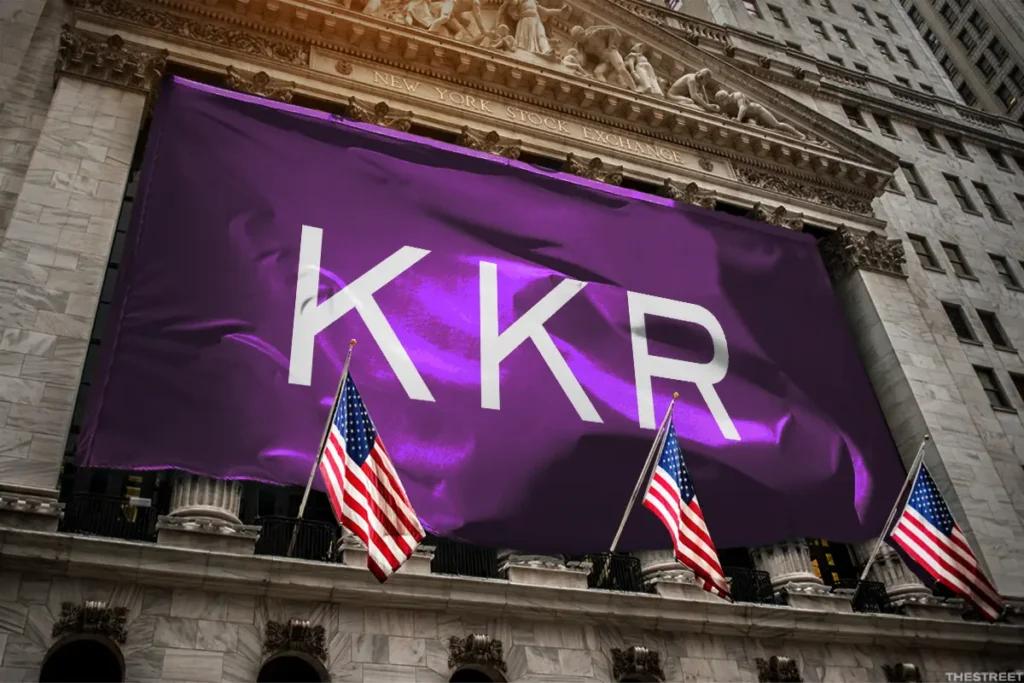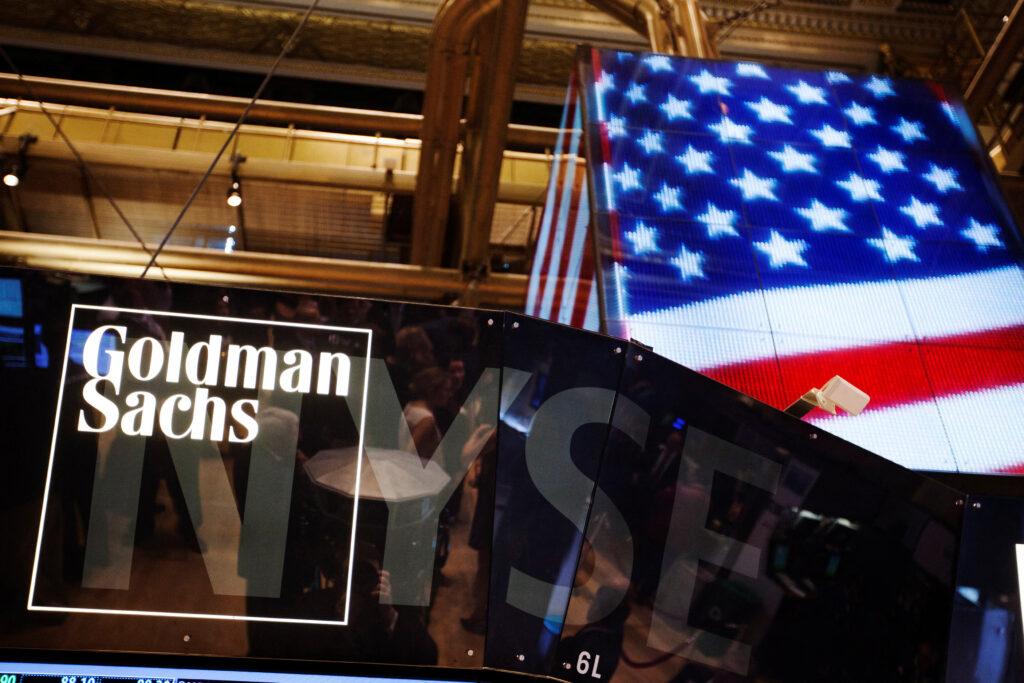OTC Commodity Trading
The basic OTC commodity trading involves the direct buying and selling of commodities between two parties, outside of traditional exchange platforms. Unlike exchange-traded commodities, OTC trades are not standardized and are conducted through a network of dealers or brokers. These trades are customized agreements that cater to the specific needs of the participants.

Key Participants in OTC Commodity Trading
In OTC commodity trading, key participants include producers, consumers, traders, and financial institutions. Producers and consumers engage in OTC trades to manage their commodity price exposure and secure supply contracts. Traders act as intermediaries, facilitating transactions between buyers and sellers. Financial institutions, such as banks, provide liquidity and support risk management through hedging tools.
Advantages of OTC Commodity Trading
One of the advantages of OTC commodity trading is flexibility. Participants can negotiate customized contracts based on their specific requirements, such as quantities, delivery terms, and quality specifications. OTC trades also offer greater privacy, as they are not publicly disclosed, providing market participants with confidentiality. Additionally, OTC markets facilitate the trading of various commodities beyond the scope of exchange-traded commodities, including niche products or non-standardized goods.
RELATED Algorithmic Trading: A Brief Introduction
Financial Instruments in OTC Commodity Trading
Within OTC commodity trading, participants have access to various financial instruments that facilitate risk management and enhance trading strategies. Let’s explore three commonly used instruments:
- Swaps are financial instruments that allow participants to exchange cash flows based on underlying commodity prices or interest rates. In the context of commodities, commodity swaps enable participants to manage exposure and mitigate risks associated with price fluctuations. For example, imagine a company that manufactures electronic devices and relies heavily on copper as a key raw material. To manage price risk associated with copper, the company enters into a commodity swap agreement with a financial institution. The swap agreement stipulates that the company will pay a fixed price for a specified quantity of copper, while the financial institution will pay the company the prevailing market price for copper at the time of settlement. This swap effectively allows the company to hedge against potential price increases in copper.
- Futures contracts are another key instrument utilized in OTC commodity trading. These contracts provide an agreement to buy or sell a specific commodity at a predetermined price and date in the future. Futures contracts enable participants to manage price risk by locking in prices today for future delivery. For example, imagine that a wheat farmer is concerned about potential price fluctuations that may occur between the planting and harvesting of the crop. To mitigate this risk, the farmer enters into a futures contract with a buyer, agreeing to sell a specified quantity of wheat at a predetermined price on a specific future date. By locking in the sale price through the futures contract, the farmer can ensure a predictable revenue stream.
- Options contracts offer participants the right, but not the obligation, to buy (call option) or sell (put option) a commodity at a specified price within a predetermined time frame. Options provide flexibility to market participants, allowing them to capitalize on favorable price movements while limiting downside risk. For instance, suppose an airline company wants to protect itself from the potential increase in jet fuel prices. The company purchases a call option on jet fuel futures contracts. This call option grants the airline the right, but not the obligation, to purchase a specified quantity of jet fuel at a predetermined price within a specific time frame. If jet fuel prices rise above the predetermined price, the airline can exercise the call option and buy fuel at the agreed-upon price, thereby protecting itself against the higher market prices. However, if jet fuel prices remain below the predetermined price, the airline can let the option expire and purchase fuel at the prevailing market price.
Risks in OTC Commodity Trading
OTC commodity trading does come with certain risks. Counterparty risk is a concern, as OTC trades are conducted directly between parties. If one party defaults on its obligations, the other party may face financial losses. OTC markets also lack the transparency and regulatory oversight present in exchange-traded markets. Participants must conduct thorough due diligence and rely on trusted intermediaries. Furthermore, OTC markets may have lower liquidity compared to exchange platforms, making it potentially challenging to find buyers or sellers for certain commodities.
RELATED Renaissance Technologies – The father of quantitative finance
Risk Management and Hedging in OTC Commodity Trading To manage the risks associated with OTC commodity trading, participants have access to hedging tools such as forward contracts, swaps, and options. These instruments help to mitigate price volatility and manage risks. OTC trades also allow participants to design tailor-made risk management strategies to address their specific needs and exposures. Clear and comprehensive contracts are crucial in OTC commodity trading to outline the rights, obligations, and dispute resolution mechanisms for both parties.
OTC Commodity Trading vs. Exchange-Traded Commodity Trading
There are notable differences between OTC commodity trading and exchange-traded commodity trading. Exchange-traded commodities follow standardized contracts, while OTC trades are customized to the needs of the participants. Exchange-traded commodities provide transparent price discovery through centralized platforms, whereas OTC markets rely on negotiation between participants. OTC commodity trading may have lower entry barriers, allowing smaller market participants to engage in trading activities that may be restricted in exchange-traded markets
To get in contact with feedback on this article please email us at publishing@krugmaninsights.com




























Continue with Facebook Continue with Google